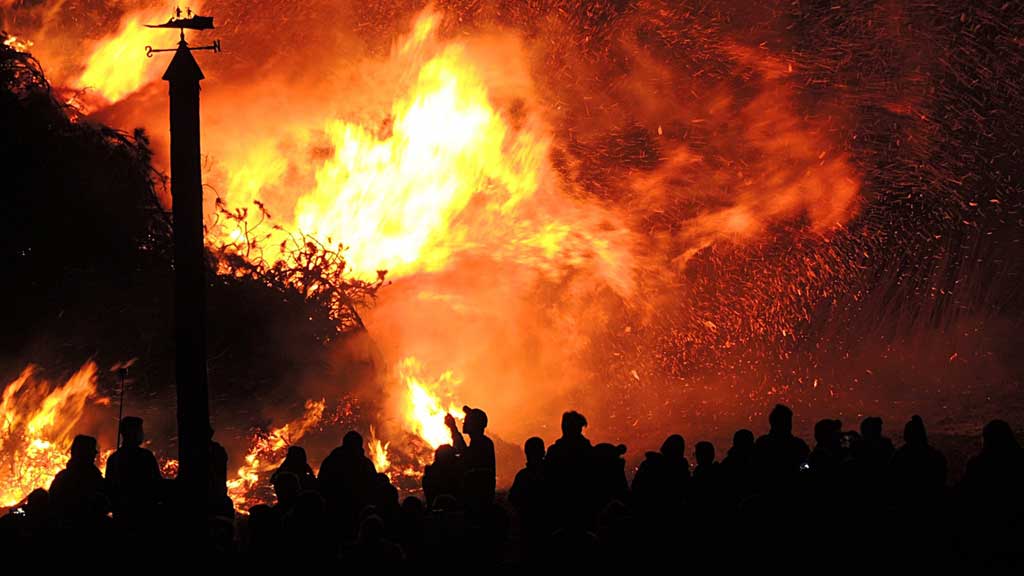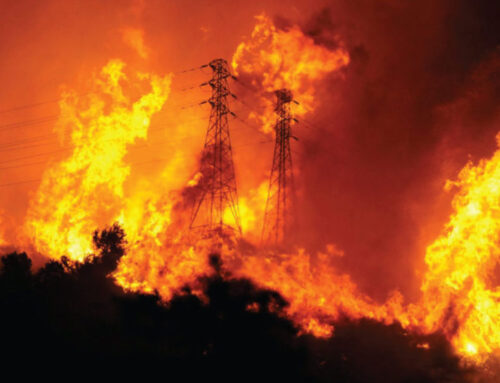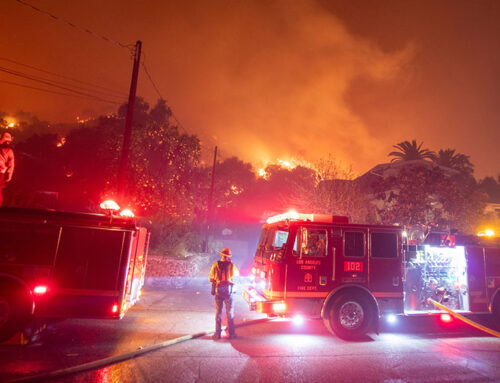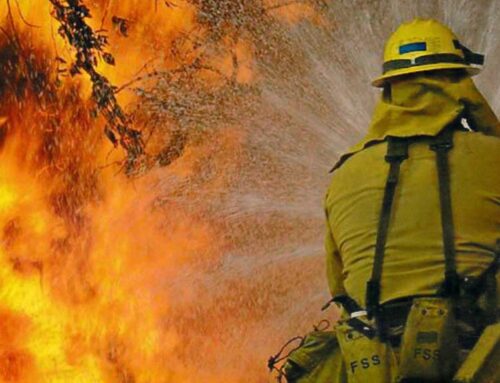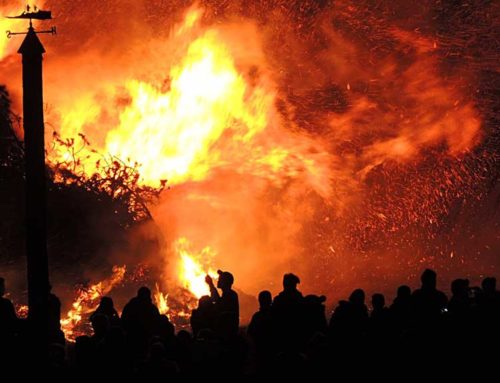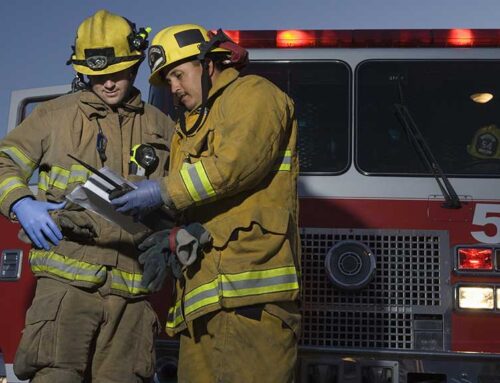Living in Northern California, the beauty of nature is undeniable, but so is the risk of wildland fires. Every year, dry seasons bring the potential for fires that can cause devastating damage to communities, wildlife, and landscapes. At Capstone Fire, we’re dedicated to preventing wildland fires in the Western United States by informing our communities and providing fire response around California. Thankfully, there are practical steps you can take to help reduce the risk of wildfires. Here are five tips to keep in mind:
1. Clear Defensible Space Around Your Home
Creating defensible space is one of the most effective ways to protect your home from wildfires. This involves clearing brush, dead vegetation, and any flammable materials from a perimeter of at least 100 feet around your home. Trim trees and bushes so they don’t touch your home or each other, and remove any dead limbs. Keeping a safe distance between combustible materials and your house can slow the spread of fire, giving firefighters more time to respond.
2. Use Fire-Resistant Building Materials
When constructing or renovating a home in a fire-prone area, it’s a smart idea to choose fire-resistant materials. Metal roofs, tempered glass windows, and Class A-rated shingles can significantly reduce the likelihood of your home catching fire. Even small adjustments like installing ember-resistant vents and using fireproof siding can make a big difference in how your home withstands a wildfire.
3. Keep an Eye on Your Landscaping
Landscaping plays a major role in fire prevention. Opt for fire-resistant plants like California lilac, sage, or succulents that don’t burn easily. Create firebreaks by using gravel, stone, or dirt around flower beds and near structures. Keep your grass trimmed low and regularly rake up fallen leaves, pine needles, and other debris. By maintaining your yard, you’re reducing the chance that an ember could catch and spread a fire.
4. Be Mindful When Using Outdoor Equipment
Power tools, grills, and even vehicles can accidentally ignite fires. When working outside, especially during hot and dry conditions, always use equipment with proper spark arresters. Avoid mowing the lawn during the heat of the day, as metal blades striking rocks can create sparks. If you’re grilling, always keep a water source or fire extinguisher nearby, just in case.
5. Stay Updated on Local Regulations
Wildfire prevention efforts are often supported by local regulations, so staying informed about restrictions and recommendations in your area is essential. Check with your local fire department for information on burn bans, fire permits, and evacuation procedures. When you follow the rules and encourage your neighbors to do the same, you’re contributing to the safety of your entire community.

